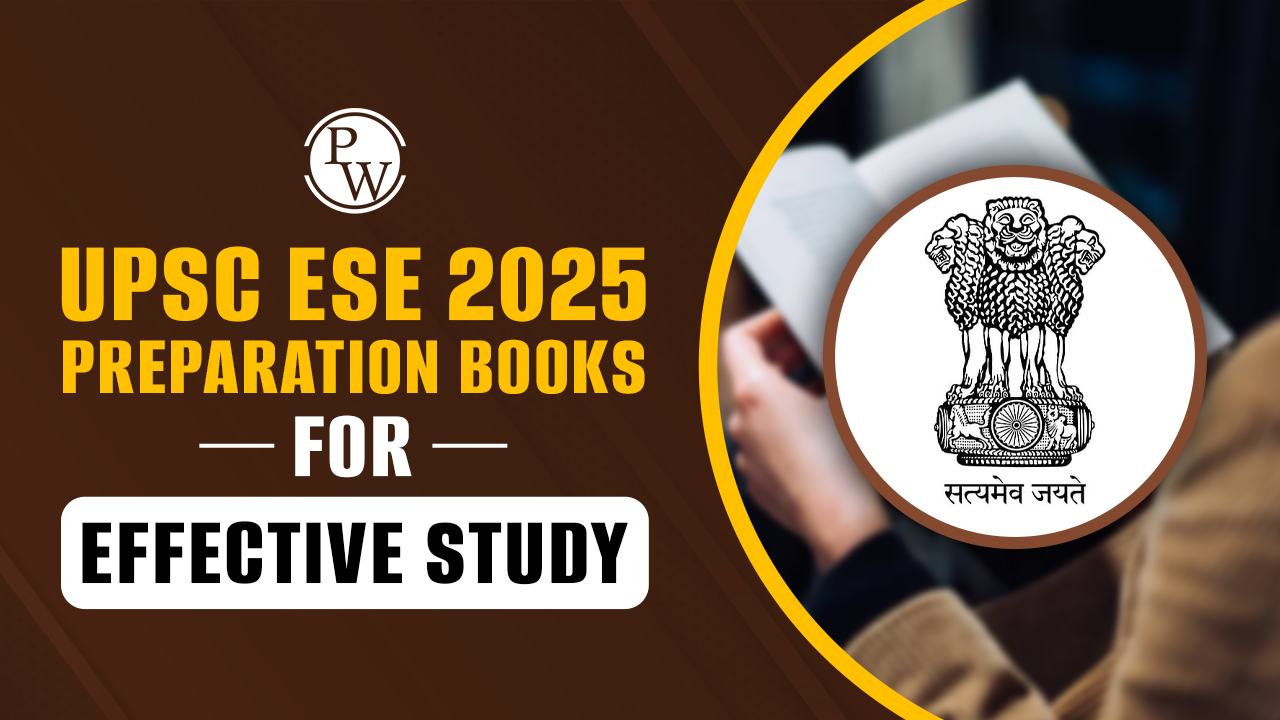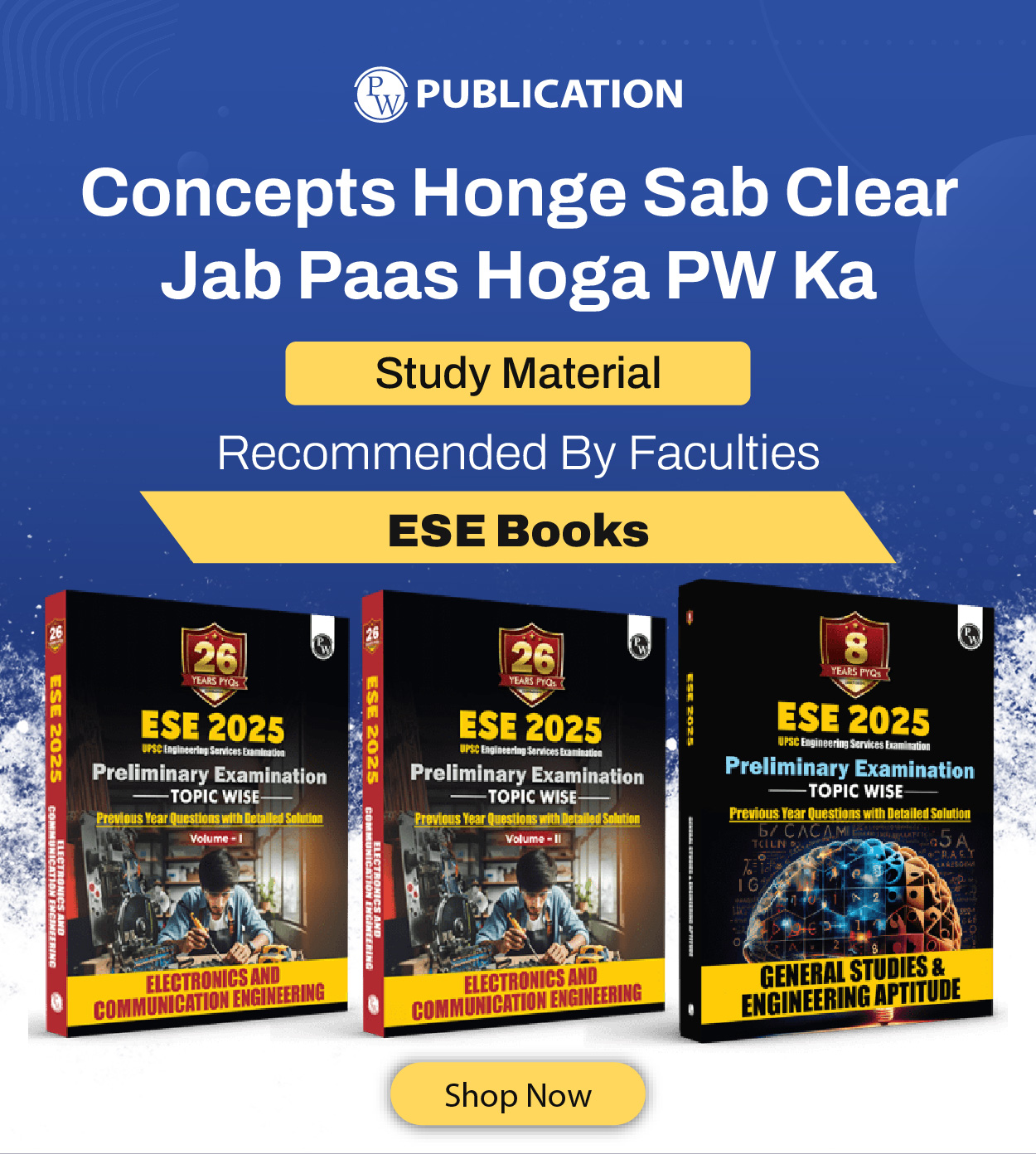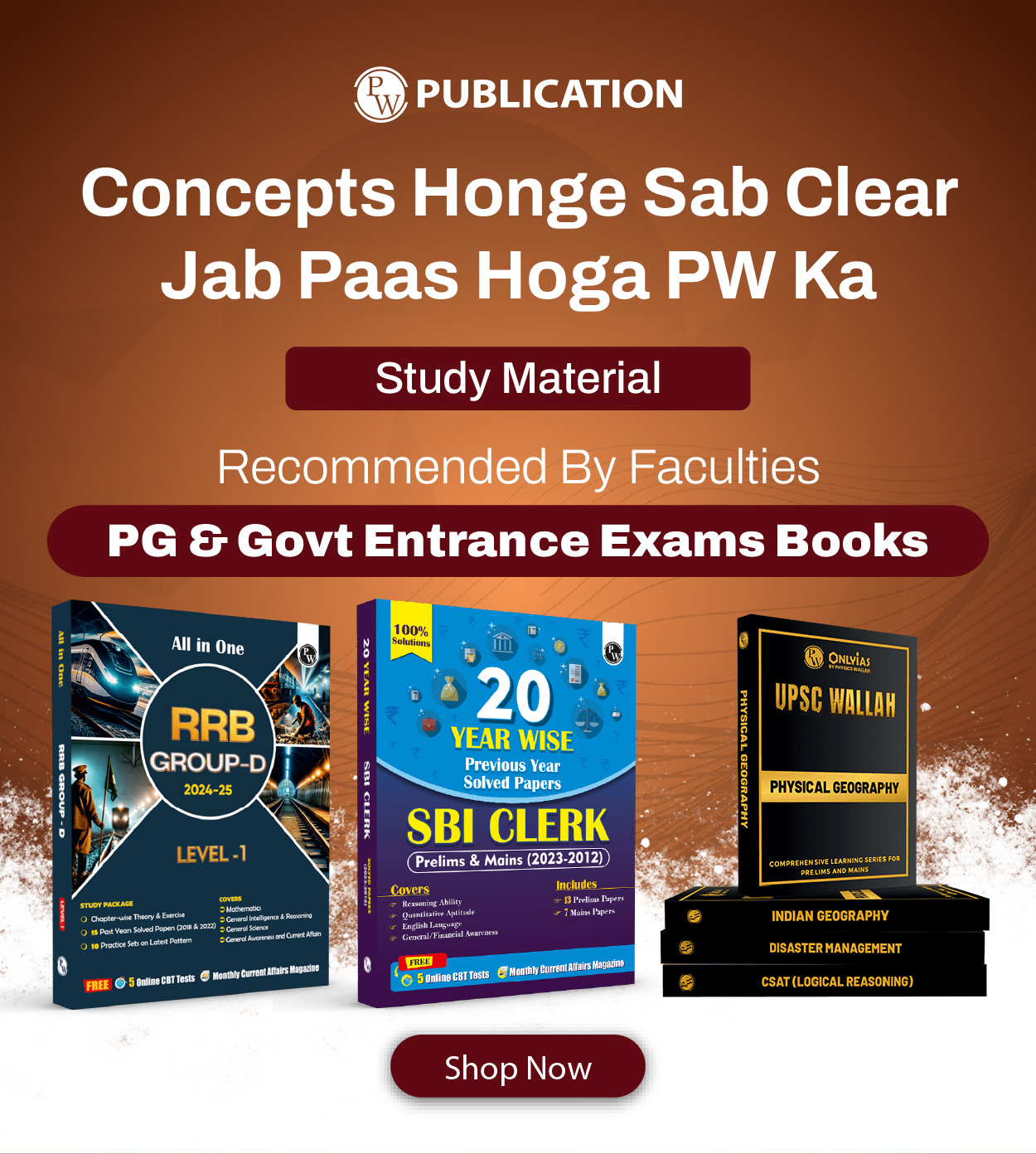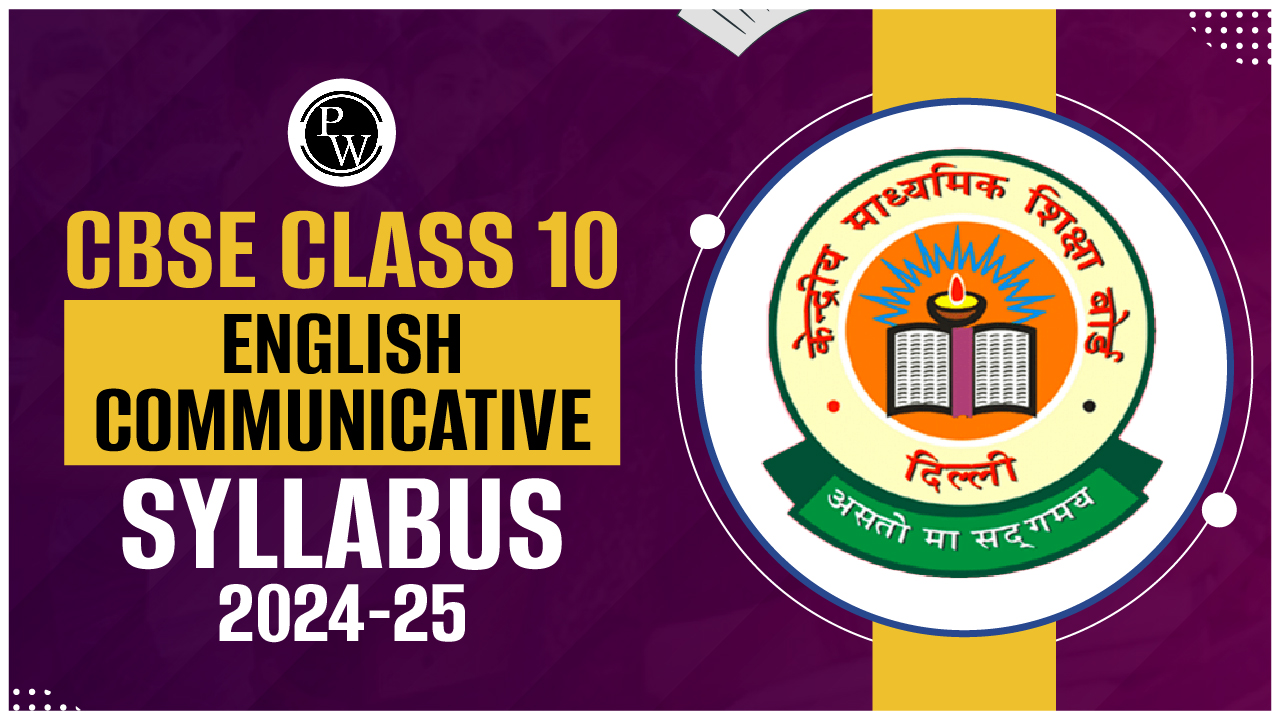UPSC ESE 2025 Preparation Books for Effective Study

UPSC Engineering Services Examination (ESE), also known as Indian Engineering Services (IES), is one of the most prestigious exams for engineering graduates. To ace this highly competitive exam, aspirants require well-structured and targeted UPSC ESE study material tailored for the Prelims and Mains stages. Here, we provide an overview of the right resources, including recommended books, online study material, and preparation tips for engineering disciplines like Civil, Electrical, Mechanical, and Electronics & Telecommunication Engineering.
UPSC ESE Study Material
The UPSC ESE is one of the most challenging exams for engineering graduates aiming to work in esteemed government sectors. Given the vast syllabus and technical complexity, high-quality ESE books are needed for success.
The right study material is crucial:
-
Focused Preparation: Provides clarity on the topics covered in the UPSC ESE syllabus and ensures efficient learning.
-
Structured Learning: Helps manage time effectively by breaking down complex topics into understandable concepts.
-
Comprehensive Coverage: Includes practice questions, solved examples, and previous years’ papers to help aspirants understand different question patterns.
-
Enhances Retention and Application: Quality study material includes diagrams, charts, and summaries for quick revision and easy recall.
-
Boosts Confidence: The right study resources enable systematic preparation, leaving no gaps in knowledge and helping students feel more prepared
ESE Previous Year Paper Books
To make themselves effectively prepared, aspirants must practice PYQs extensively. These books offer 26 years of solved questions to help identify trends and improve accuracy.
ESE Civil Engineering Books
Aspirants aiming for the Civil Engineering discipline should focus on standard reference books covering both technical and non-technical subjects. Chapter-wise alignment with the latest syllabus. QR-linked video solutions for tricky problems. Trend analysis to predict high-weightage topics. It’s speciality is ideal for mastering core subjects like Structural Engineering and Irrigation.
|
Engineering Stream |
Book Title |
Author |
Link |
|
Civil Engineering |
Strength of Materials |
Stephen Timoshenko |
|
|
Civil Engineering |
Gupta & Gupta |
||
|
Irrigation Engineering |
S.K. Garg |
||
|
Theory of Structures |
Ramamruthan and Narayan |
ESE Electrical Books
Electrical Engineering aspirants should focus on books that include PYQs, in-depth solutions, and topic-wise analysis. 26 years of questions on Power Systems, Machines, and Electronics. 17 years of curated “killer” questions. Video solutions for circuit analysis and transformers. Simplifies complex topics like Electromagnetic Theory.
|
Engineering Stream |
Book Title |
Author |
|
|
Electrical Engineering |
Modern Power System Analysis |
I.J. Nagrath, D.P. Kothari, R.K. Saket |
|
|
Digital Logic and Computer Design |
M. Morris Mano |
||
|
Power Electronics |
Dr. P.S. Bimbhra |
ESE Mechanical Books
Mechanical Engineering aspirants need books that offer conceptual clarity, numerical problem-solving, and previous-year question analysis. 26 years of questions on Thermodynamics, Fluid Mechanics, etc. Simplified solutions with diagrams and formulas. Conceptual focus over rote learning. Also, it tackles numerical-heavy subjects with step-by-step guidance.
|
Mechanical Engineering |
Thermodynamics – An Engineering Approach |
Cengel and Boles |
|
|---|---|---|---|
|
Industrial Engineering And Management |
O.P. Khanna |
||
|
Mechanics Of Materials |
Gere & Timoshenko |
Electronics & Telecommunication Engineering
For Electronics & Communication aspirants, books with structured PYQs, strategic insights, and video solutions are beneficial. Covers Analog/Digital Circuits, Communication Systems, and Microprocessors. Interactive video solutions for signal processing problems. Syllabus-mapped practice for Prelims and Mains. Most important it Bridges gaps in VLSI and Network Theory.
|
Microelectronic Circuits |
Sedra & Smith |
||
|
Electronics & Telecommunication Engineering |
Principles of Communication Systems |
Taub |
|
|
Principles of Electromagnetics |
Sadiku & Kulkarni |
These Books Are a Must-Have for ESE Aspirants
-
26 Years of PYQs: GATE & ESE books help aspirants understand exam trends, frequently asked questions, and the weightage of topics.
-
In-Depth Solutions: Detailed explanations help students understand the why behind each answer, fostering conceptual clarity rather than rote learning.
-
Chapter-Wise Breakdown: Organized in a structured format, enabling efficient topic-wise study.
-
Interactive Video Solutions: QR codes provide access to faculty video explanations, making complex problems easier to grasp.
-
Strategic Analysis: Identify recurring patterns, important topics, and high-scoring areas for an optimized study plan.
-
Guidance: It consists of 4 phases where Phase 1 is Syllabus Mapping, Phase 2 is Conceptual Clarity and Phase 3 is PYQ Practice Most important Phase 4 is Revision
Prioritize ESE PYQ Books
Solving ESE previous year papers is non-negotiable. Here’s how PW’s ESE PYQ books give you an edge:
-
Pattern Recognition: Identify frequently asked topics (e.g., Structural Analysis in Civil, Control Systems in Electrical).
-
Speed & Accuracy: Timed practice with 2,000+ solved questions.
-
Conceptual Depth: Video solutions explain the “why” behind answers.
-
Exam Simulation: Mimic real exam conditions with topic-wise tests.
Acing the UPSC ESE exam requires the right combination of conceptual clarity, practice, and strategic revision. The books recommended in this guide cover all aspects of preparation, from theory to problem-solving and strategic analysis. Choosing the right ESE books, ESE study material, ESE previous year paper book, and subject-specific resources will help you confidently tackle the exam and secure good rank.
UPSC ESE 2025 Books FAQs
-
How should I start my UPSC ESE 2025 preparation?
Begin by analyzing the syllabus, creating a study plan, and focusing on core engineering subjects. Prioritize topics with higher weightage in previous exams. -
What is the right strategy to manage time during the exam?
Practice mock tests regularly to improve speed. Allocate fixed time slots per section and avoid overthinking difficult questions initially. -
How important are previous year's papers for ESE preparation?
Critical! Solving past papers helps identify recurring patterns, question types, and key topics. Aim to analyze trends from the last 10–15 years. -
How can I improve my conceptual clarity in technical subjects?
Use online video lectures, attend workshops, and participate in doubt-solving sessions to strengthen fundamentals.







